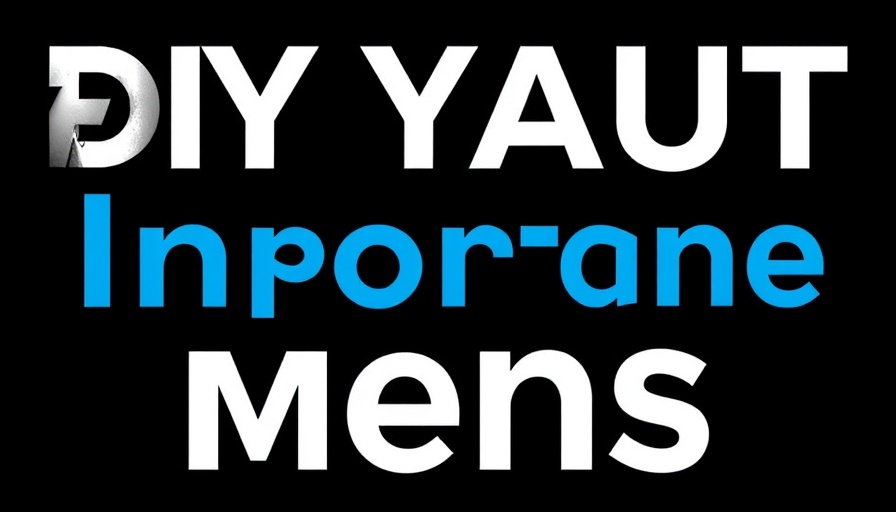
Navigating the Future: MIT's Maritime Consortium Launches
In an era where climate change poses a significant threat to global shipping, MIT has taken an innovative step by forming the Maritime Consortium. This groundbreaking coalition brings together MIT researchers and maritime industry leaders, aiming to revolutionize the maritime sector through advanced nuclear propulsion, alternative fuels, and data-driven operational strategies. The aim? To steer the shipping industry towards a more sustainable future.
Why This Matters Now: A Sustainable Shift in Maritime Transport
As the maritime industry grapples with increasing regulations and ecological pressures, the collaboration formed at MIT signals a pivotal shift towards sustainability. Traditional fuels are becoming less viable, and the need for cleaner, alternative propulsion methods is urgent. Nuclear technology is often viewed as a controversial yet promising approach, potentially reducing carbon emissions significantly compared to conventional fuels.
Leveraging Data for Smarter Operations
The consortium doesn’t solely focus on propulsion. By utilizing big data analytics, it seeks to streamline operations, minimize waste, and enhance predictive maintenance. This isn't just about adopting new technologies—it's about fundamentally transforming how maritime operations are conducted. Ships will become smarter, with insights that can preemptively address issues before they escalate into delays or costly repairs.
Looking Ahead: What This Means for the Future of Shipping
The collaboration also opens up avenues for international partnerships, as such advancements require a universal effort. As more countries promote green initiatives, the maritime sector's evolution could lead to broader implications for international trade routes and global shipping practices. Indeed, the future of shipping could soon look very different from what we know today.
A Call to Action for Innovation
Industry stakeholders and academics alike are encouraged to consider the potential benefits of participating in initiatives like MIT's Maritime Consortium. Whether you are involved in shipping, technology, or policy-making, your contribution could help sail the industry towards a cleaner, smarter future.
 Add Row
Add Row  Add Element
Add Element 



Write A Comment